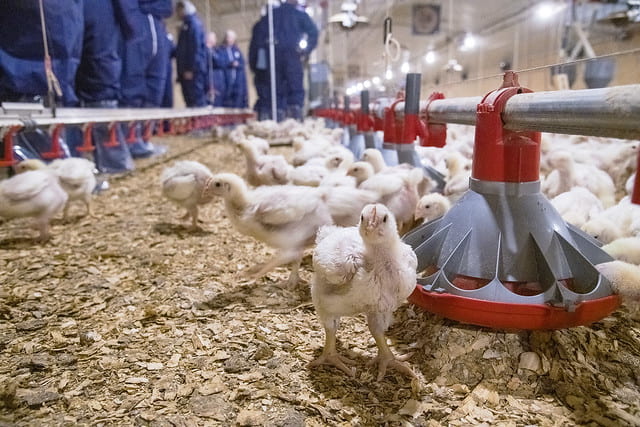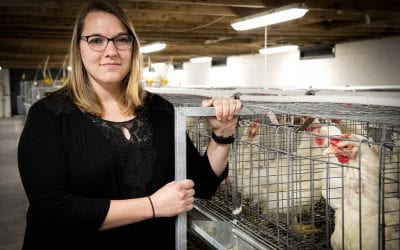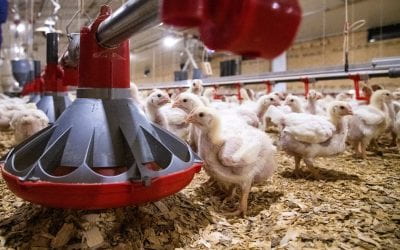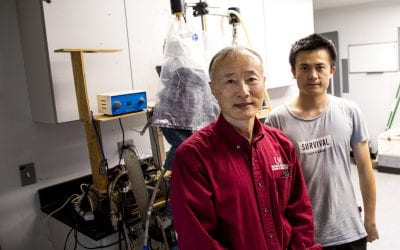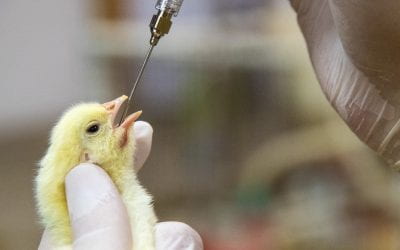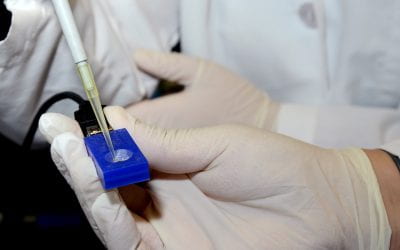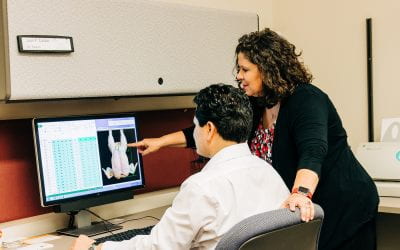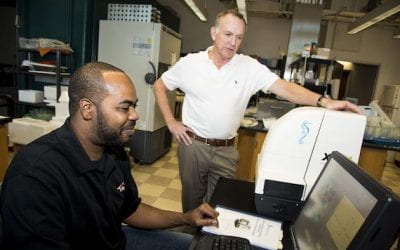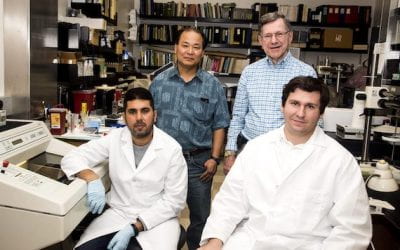Poultry Research
Chickens Selectively Bred for Water Efficient Traits
Chickens are the world’s number one livestock animal, but they use a lot of water. About 4 billion people in the world experience freshwater scarcity for at least one month each year, according to a United Nations report…
Poultry Science Researchers Fine Tune Chicken Sprinkler Technology
Heat stress is one of the most challenging stressors to poultry production. Evaporative cooling cell pad systems are the standard for keeping birds cool, but they use a substantial amount of water and have other shortcomings. For example…
Liquid-State Poultry Litter Digestion System under Development to Make Organic Fertilizer, Biogas
Poultry production in Arkansas generates about 1.3 million metric tons of litter a year, most of it being concentrated in the northwest region of the state, according to the Center for Agricultural and Rural Sustainability (CARS)…
Nutritional Interactions with Live Coccidiosis Vaccines in Poultry
Coccidiosis is the most prevalent disease in commercial poultry production. As an enteric disease, it directly impacts how efficiently the bird can use nutrients. The most effective anticoccidial drugs also have some antibiotic activity, so as producers move…
Portable Biosensors Provide In-Field Screening for Pathogenic Bacteria
Food contaminated by pathogenic microorganisms is estimated to cause 76 million illnesses, 325,000 serious illnesses resulting in hospitalization, and 5,000 deaths in the U.S. each year. USDA/ERS estimates the medical costs and productivity losses associated…
Researcher Tackles Problem of Toughness in White Meat Chicken
As the popularity of white meat chicken has risen, so have instances of tough, flaky and hard filets known as “woody” breast meat. Why that happens and how to detect and process the meat is a puzzle Casey Owens is working to solve. The woodiness…
Oxygen, Poultry Feed Efficiency and Human Health
The overproduction of reactive oxygen species — also known as ROS or oxidants — can lead to oxidative stress, a cellular imbalance when sufficient antioxidants are not available to neutralize them. This imbalance, which largely takes place in mitochondria…
Avian Neuroscientists Identify New Stress Response Component in Poultry Brain
Stressed poultry tends to eat less, gain less weight and have health issues. Stressors can also affect the quality of the bird’s meat. A better understanding of stress response pathways could help discover ways to alleviate such physiological stressors…
News
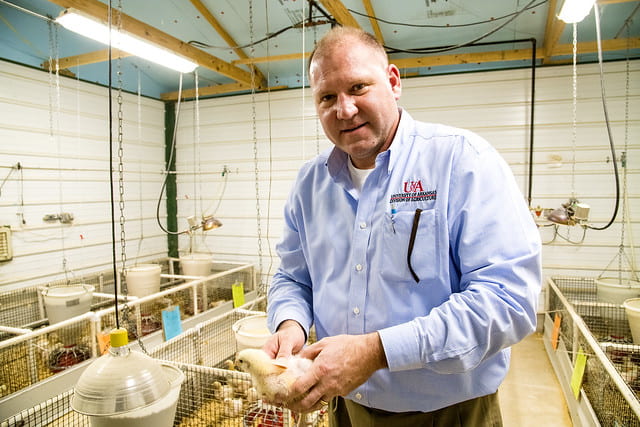
Adisseo endows professorship for U of A System Division of Agriculture; company funds 3 poultry science research projects

Arkansas co-leads $10 million multi-university grant to transform water use and nutrition in poultry production
